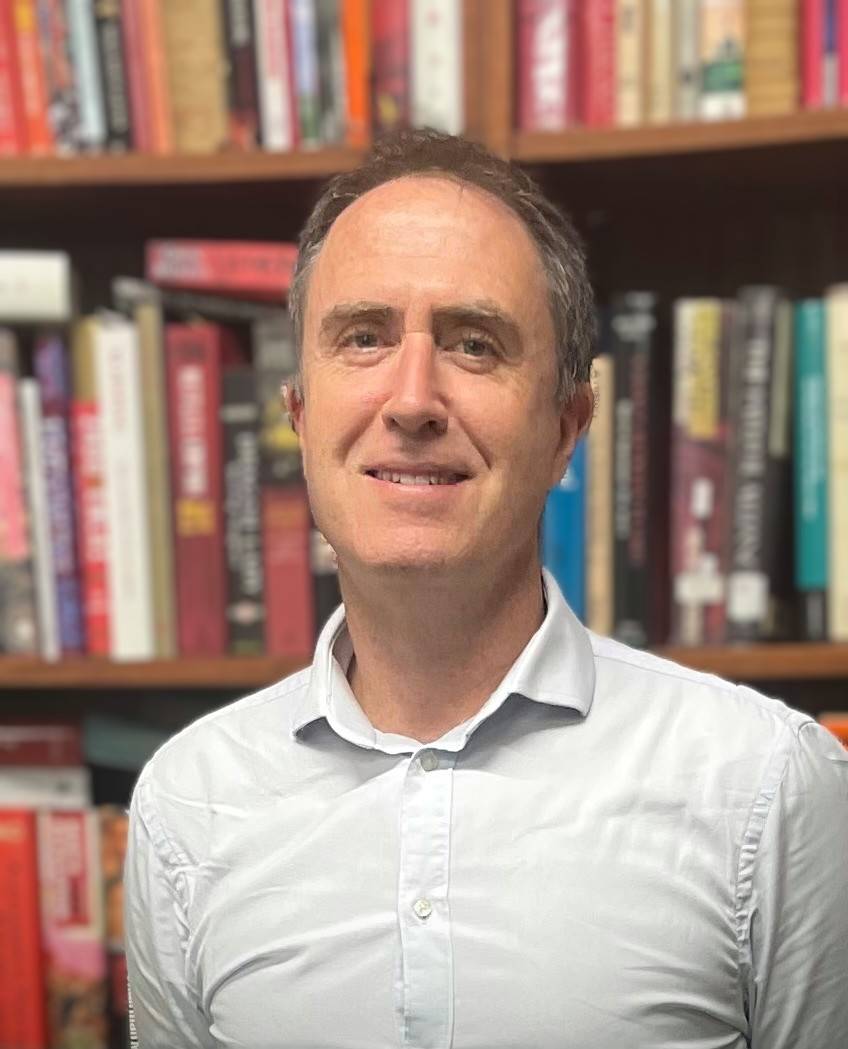
Open Politics has been established by Sean Johnson to increase public scrutiny of the private interests of our federal politicians – their investment properties, family trusts, share portfolios, and debts, as well as the gifts, trips, and entertainment many receive from those seeking to influence the political system.
After every election, MPs and senators are required to provide a Statement of Registrable Interests to parliament declaring any interests which could conflict or be seen to conflict with their public duties. This includes interests held by spouses/partners and dependent children.
MPs’ interests are declared to the Register of Members’ Interests and those of senators to the Register of Senators’ Interests. Statements must be provided within 28 days of an MP or senator being sworn into parliament, and any alterations during the parliamentary term need to be declared within 28 days for MPs and 35 days for senators.
While the registers aid transparency, they have major flaws which impede the public’s ability to fully examine statements for conflicts of interest.
One is that statements are published as separate pdf documents, which inhibits browsing and detailed scrutiny of the registers. Adding to these difficulties are the practices of some politicians who submit scanned and handwritten statements.
So Open Politics has built a database of the interests of all 227 MPs and senators in the parliament, including ongoing updates to reflect statement alterations. This will enable the public to easily see how many interests each politician has disclosed and where those interests are concentrated.
The database also allows us to analyse the registers as a whole, leading to Open Politics’ first story: an examination of the hospitality and gifts politicians have received from Australia’s gambling industry since the April 2019 election.
Unfortunately, due to other flaws with the registers we cannot provide a complete picture of all MPs’ and senators’ interests. Perhaps the biggest hole in the system is that senators, unlike MPs, are not required to publicly disclose the interests of their spouses/partners and dependent children. These interests are kept confidential by the Committee of Senators’ Interests and may only be disclosed if the committee determines there is a conflict of interest.
Another shortcoming is the lack of enforcement. On paper, if someone knowingly provides false or misleading information to the registers, or knowingly fails to declare their interests and changes in a timely manner, they can be found guilty of serious contempt of parliament and dealt with accordingly.
But in practice the registers operate more on an honours system that leaves it to MPs and senators to decide whether to disclose an interest and in what detail, as we saw with the decision to clear Christian Porter of breaking the rules for not disclosing who helped fund his legal fees in a defamation case.
Nonetheless, there was some accountability, with Porter forced to resign from Cabinet in the wake of media and political pressure and the Prime Minister’s subsequent decision to hold an investigation into whether the non-disclosure breached ministerial standards.
Indeed, this is how it has always worked in Australian politics. MPs and senators are held less to account by official processes than by external forces like the media, whistleblowers, and, of course, their political opponents.
Open Politics hopes to be able to contribute to this system of external accountability in a non-partisan way. And we want to help drive reform of the disclosure regime through more complete and timely disclosure, the creation of an independent body like the Independent Parliamentary Expenses Authority to enforce the rules, and restrictions on MPs and senators receiving gifts and sponsored travel or hospitality.
Founder

Sean’s first job in politics was as an opposition staffer to Barry O’Farrell (1996-2001), where he helped expose Eddie Obeid’s undeclared shareholdings in Hapgeti, the parent company of notorious smart pole maker Streetscape. During this time Sean developed an encrypted messaging service to allow public sector whistleblowers to safely leak information to the NSW opposition.
In 2001 Sean moved to London to work for Gary Sturgess, the architect of the NSW Independent Commission Against Corruption (ICAC), in a public policy adviser role with Serco, a private corporation involved in government service delivery.
After returning to Australia in 2003 Sean worked briefly again for O’Farrell before becoming a ministerial adviser in the Howard government. This included three years in the office of former industry minister Ian Macfarlane, where he helped deliver reforms to early stage venture capital incentives, innovation policy, and the regulation of therapeutic cloning and embryonic stem cell research.
For the past decade Sean worked as a director at GRACosway, one of Australia’s leading public affairs and strategic communications firms.
Credit
Open Politics wishes to thank web developer Anthony Macali for his work on the site.
The inspiration for Open Politics is OpenSecrets, which tracks how money in US politics affects elections and public policy.
